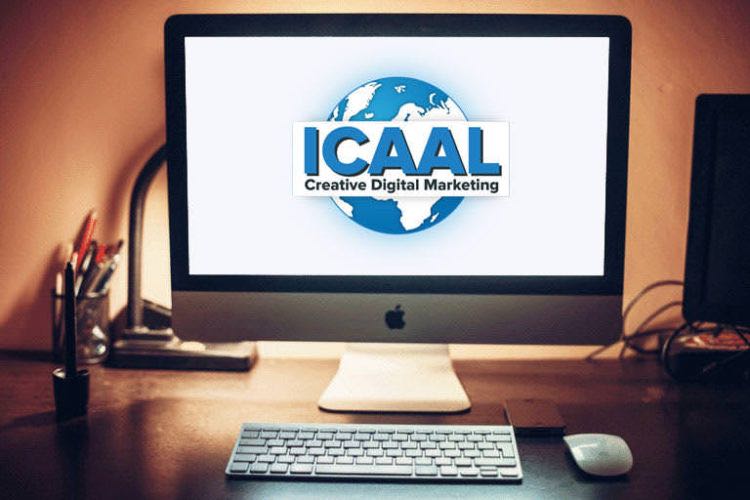Exploring Diverse Careers in Communications Industry
The communications industry is vast and dynamic, offering a plethora of career opportunities for those with a passion for conveying ideas, shaping narratives, and influencing public perception. From traditional roles to emerging digital avenues, the industry continues to evolve, driven by innovation and changing audience behaviors. Here’s a look at various career paths within communications and how each plays a crucial role in today’s business landscape.
Public Relations: Crafting and Protecting Brand Image
Public relations (PR) professionals are the gatekeepers of a company’s reputation. Their primary role involves crafting and disseminating messages that align with a brand’s values and goals while ensuring that public perception remains favorable. Whether it’s managing crisis communications, launching new products, or building relationships with media outlets, PR experts are instrumental in shaping how a brand is perceived by the public and stakeholders.
A career in PR requires a blend of strategic thinking, creativity, and excellent communication skills. It’s about more than just sending out press releases; it’s about telling a compelling story that resonates with target audiences. In today’s digital age, PR professionals must also navigate social media landscapes, where public opinion can shift rapidly and unpredictably. As such, staying ahead of trends and being able to respond swiftly to potential PR challenges is crucial.
Digital Marketing: Leveraging Online Platforms for Impact
Digital marketing has become a cornerstone of the communications industry, driven by the exponential growth of online platforms. Professionals in this field are responsible for promoting products, services, and brands through various digital channels, including social media, email, search engines, and websites. The role often involves creating targeted campaigns, analyzing data to measure success, and continuously optimizing strategies to achieve the best results.
Careers in digital marketing can be incredibly diverse, encompassing roles such as content creation, social media management, search engine optimization (SEO), and digital advertising. Each role requires a unique set of skills, from creative storytelling and graphic design to data analysis and strategic planning.
One of the most in-demand services in this area is digital marketing services, where experts help businesses enhance their online presence, reach wider audiences, and convert leads into loyal customers. As digital marketing continues to evolve, professionals in this field must stay updated with the latest tools, trends, and algorithms to maintain their competitive edge.
Corporate Communications: Aligning Internal and External Messaging
Corporate communications professionals are the voice of an organization, both internally and externally. They are responsible for ensuring that all communications align with the company’s strategic goals and resonate with its employees, stakeholders, and the public. This can include anything from internal newsletters and executive speeches to external announcements and investor communications.
A career in corporate communications requires a deep understanding of the company’s mission and values, as well as the ability to craft clear and effective messaging. Professionals in this field often work closely with executives and HR teams to ensure that all communications support the overall business strategy and foster a positive workplace culture.
In addition to traditional communications tasks, corporate communications professionals increasingly play a role in managing digital platforms and social media channels. As the lines between internal and external communication blur, these professionals must be adept at managing a brand’s voice across all channels, ensuring consistency and authenticity.
Content Creation: Telling Stories that Engage
At the heart of the communications industry lies content creation—the art of crafting stories that engage, inform, and inspire. Content creators work across various media, including written articles, videos, podcasts, infographics, and more. Their goal is to create compelling content that resonates with the target audience, builds brand awareness, and drives engagement.
Careers in content creation are diverse, ranging from copywriting and blogging to video production and graphic design. What unites these roles is a focus on creativity and storytelling. Content creators must not only have a keen eye for detail and aesthetics but also understand the audience’s needs and preferences.
As digital platforms become increasingly important, content creators must also be adept at optimizing their work for different channels. This might involve tailoring content for social media, creating SEO-friendly blog posts, or developing multimedia campaigns that leverage video, audio, and visuals to tell a cohesive story.
The Evolving Role of Communications in Business Strategy
As the communications industry continues to evolve, so too does its role within the broader business strategy. Professionals in this field are no longer just responsible for crafting messages—they are integral to shaping a company’s identity and driving its success. Whether through public relations, digital marketing, corporate communications, or content creation, each role contributes to a larger narrative that defines the brand and connects with audiences.
For those considering a career in communications, the industry offers a wealth of opportunities to explore and make a meaningful impact. By staying adaptable, creative, and strategically minded, communications professionals can continue to thrive in an ever-changing landscape, helping businesses navigate challenges, seize opportunities, and remain relevant in a competitive market.






